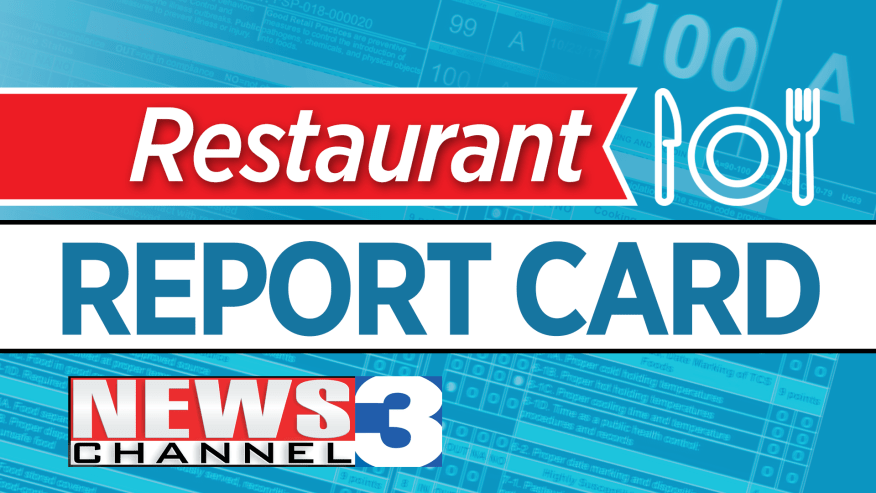MEMPHIS, Tenn. — An investigator with Health and Human Services who reviewed the records of Tennessee State Sen. Katrina Robinson’s nursing school testified Wednesday that he discovered students listed as receiving federal grant funds but actually paying their own way, and fictitious students.
The Healthcare Institute received more than $2 million in government grants, some of which was to help with students’ tuition.
Today was the seventh day of Robinson’s federal trial. She’s accused of using $600,000 of that grant money on personal expenses.
Wednesday’s testimony was from several women, three of them former students. These women were listed as receiving grant-funded scholarships to the school in 2016 — but the government claims they did not.
One of them actually didn’t even end up attending a class; she withdrew before sessions started. She paid a $35 application fee and $200 deposit. The prosecution had her go over emails of her corresponding with Robinson about not attending the school and to remove her from classes.
Another woman, who attended in 2016, said she did not qualify for any scholarships and did not ask for assistance. She said she paid $1,335 with her personal credit card and was not told about a scholarship.
The woman said she knew she didn’t qualify saying, “I wouldn’t have asked for financial assistance.”
Two other women said they received scholarships because they received food stamps but they were not through the school. They said they were not offered scholarships through the school.
Robinson’s attorney, Janika White, asked the three woman who said they attended the school how many people were in their classes. They each said up to 20 people. She also asked if they “had a good experience?” They each replied, “yes.”
A headline of the Katrina Robinson theft and embezzlement case is what she’s accused of using hundreds of thousands of grant funds on — vacations, clothes, shoes, electronics and personal payments to herself.
The four-year award circles back to 2015. Some of the money supposed to go to students as scholarships attending her certified nursing school The Healthcare Institute, or THI.
Richard Haines, a special agent with Health and Human Services testified Wednesday that his role is to look into THI’s records and how the grant was used.
As part of the grant agreement, Robinson would submit annual performance reports about THI, such as how many students graduated and who received scholarships.
In 2020 the FBI seized records from the school. The agent said he pored through 40-50,000 pages of student records and noticed red flags:
- Haines said there were students listed as graduating from the program but actually had not.
- He also said there were students listed on the school’s annual performance report that listed some students as receiving a $900 scholarship that was supposed to come from grant funds. But when comparing school records, he saw they actually paid their own way or never attended THI.
- Broken down by year, in 2016-17 he had difficulty locating 38 students said to have completed the program.
- In years 2017 to 2018, he initially couldn’t find any students. He later located students through reports sent to the state of Tennessee but still noticed discrepancies about who received a scholarship.
- In 2018 to 2019, he said he found student IDs so close in nature they appeared to be fictitious.
- Haines said he discovered some students received grants from another group but were listed as getting the scholarship. Others paid out of pocket but again were listed in government reports as getting a scholarship.
- And he found 30 student IDs he could not match up to anyone going through the program.
In a cross examination by defense attorney Mathew Jehl, Jehl pointed out to Haines at one point the number of students within THI was underreported in their annual grant summary, “so how could this be a scheme to get money?”
He also named at least 12 students who at one point Haines had classified incorrectly about receiving financial help. The way they were classified was later corrected.
A former employee of THI testified she helped create the annual reports but they were ultimately submitted by Robinson.
She says Robinson told her, “Make sure this report is done correctly and there are no mistakes in this report.”
The trial is expected to last three weeks. The prosecution told the judge they plan to call their final witness Thursday.


















